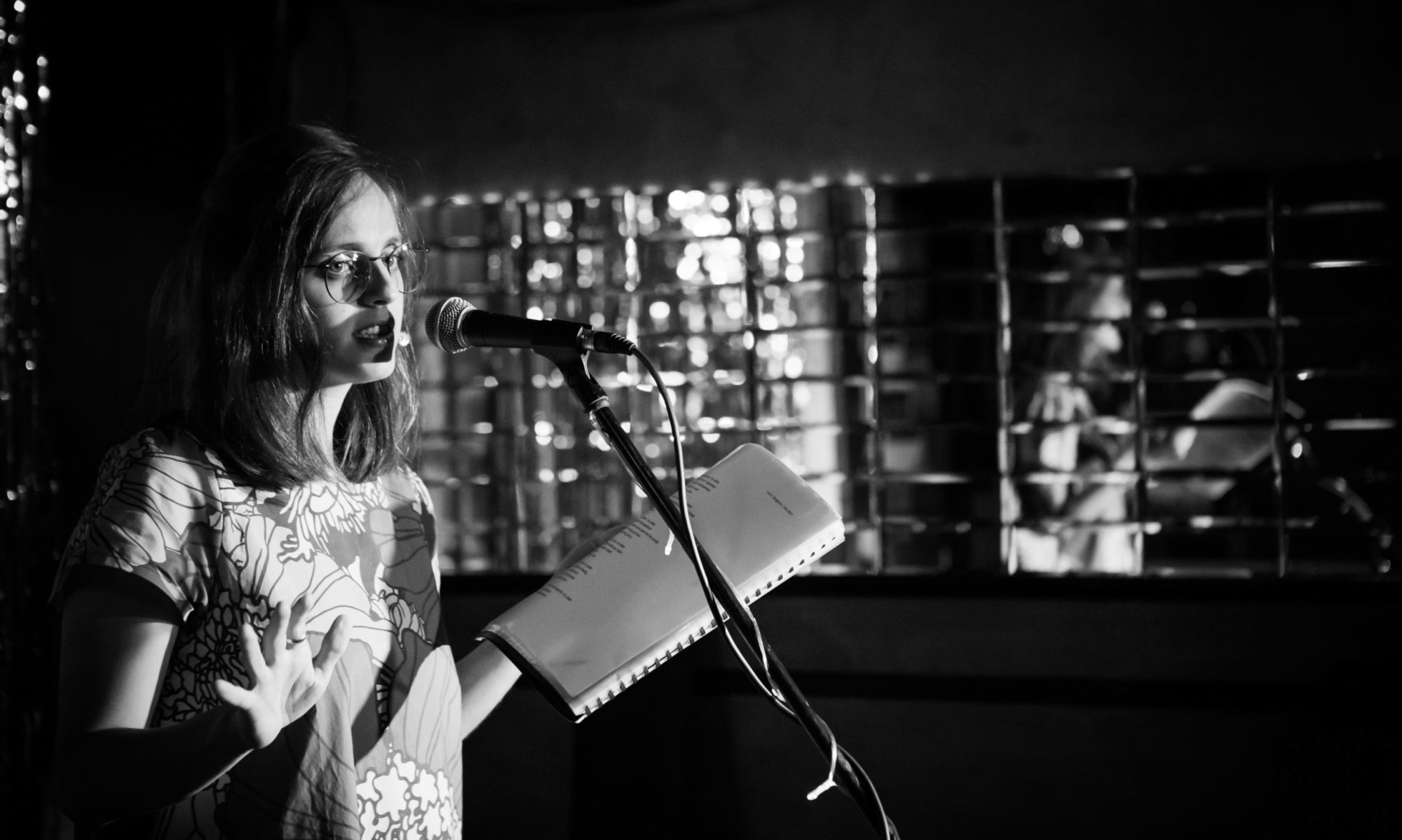It almost seems unfathomable that it’s time to conclude the year. Time has stretched, contracted and twisted in strange ways since March. But the calendar and the empty Christmas tree on Fed Square indicate that indeed, this year is coming to an end.
What is there left to say that hasn’t been said about 2020, about the global pandemic, bushfires, borders closures, thousands of deaths, the climate crisis? The list of catastrophes is too long to cover.
During the prolonged lockdowns we have endured, many people have expressed their experience as ‘slowing down’. At first I thought I was just being fashionably late to the party of that reality, but after long weeks it became clear I wasn’t invited. I have not taken up a new hobby, did not catch up on the latest TV series, and certainly did not feel more at ease with myself or the world.
The experience of slowing down is multifaceted, I believe. It often (although not only) comes from childless people who have had stable incomes, healthcare and trust in the systems to keep them safe and well. Even those who relied on the generous Australian government support have attested to a feeling of Netflix & chill amongst the world chaos. (Note: I consider the Australian and/or Victorian government support and healthcare generous as my main comparison points are the Israeli and US systems. None of those two governments could pride themselves on their healthcare, social support systems or handling of the pandemic.)
I remember the moment I knew this year was going to be like no other, and deeply felt my life taking an unpredictable turn. It was a phone call with my mother who told me that her travel agent recommended not to book those tickets to Australia, because of the COVID crisis. Our family plans were shuttered. Since then, with extreme health concerns, lockdowns and border closures, I have been living in the unknown – when would I see my parents and sisters again. Sometimes it feels like an if rather than a when. That uncertainty has been heavy on my chest since last March, to which along the way many more were added.
Being a parent to a toddler during this time has often left me feeling trapped and exhausted. Long weeks of isolation without childcare and minimal supports (both physical and emotional), has felt like a Sisyphean task rather than any kind of slowing down. Working in mental health – counselling mere centimetres away from my bed, has felt hard and intrusive. Listening to others’ pain and anxiety around this time was harder than usual – with so many fears and agonies shared with my clients.
Slowing down for me is when my toddler is entertained and I can rest my legs and peacefully chat to another adult. Slowing down is carving out time for self care – whether it’s Pilates, eating out, writing or attending a poetry night. Slowing down is knowing my cleaner comes this week, and using my energy wisely, conserving for the important stuff, like quality time with my family. Slowing down is having my parents visit, spend time with them and enjoy watching them take some educational and caring load off my shoulders. Not being able to access any of those things for long months, almost all year long, hasn’t felt like slowing down. Spending energy I don’t have, parenting non-stop, working from home, dealing with increased physical pain without crucial exercises, coming up with all the educational activities for my child and more, have felt like a race. Missing family, near and far, managing anxiety about everyone’s health and the state of our world, has been exhausting.
Many people around the world have had much less luck than me, living in countries where social distancing is impossible, healthcare systems are collapsing and/or inaccessible to many, have been forced into poverty and buried their loved ones. Many people did not receive the healthcare they deserved because of their disabilities, skin colour or other discriminatory practices. Many people have been separate from partners and children for long months. Others are still waiting for essential healthcare delayed by the pandemic.
Slowing down is a privilege many of us haven’t got. For me, this year felt like trying to float in a rough sea – constantly being pushed under, struggling to breathe, with limbs constantly flinging around to keep me afloat.
To finish this year, I wish all of us a safer 2021 – a year of equality, health, safety and prosperity for all.
Until next time,
Liel K. Bridgford

